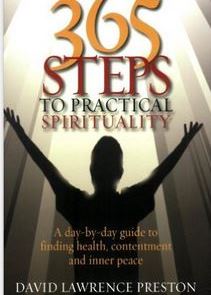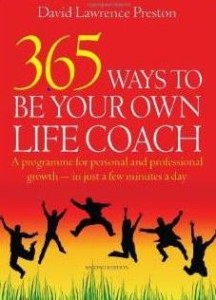If you really want to be happy and less stressed, simplify your life. Reduce your dependence on possessions. Surround yourself only with things that meet your needs and delight you.
- Give up the need to have more. ‘More’ is one of the mantras of the ego, which believes ‘I never have enough’ and ‘If I don’t get it I won’t be happy’.
- Give up the desire for luxury.
- Shun ostentation.
- Choose simple tastes that place less strain on the environment.
- Learn to use less expensive things in more creative ways.
This doesn’t mean you’ll be less prosperous. Truly prosperous people do not need to burden themselves with unnecessary personal possessions. They know instinctively that they will always have sufficient for their needs.
When you’re gripped by an impulse to acquire something new, ask yourself:
- Do I really need this?
- Why?
- Will it bring me more ‘pleasure’ than ‘pain’?
- Have I kidded myself I need it to be happy?
If you don’t need it, don’t buy it! Resist the persuasive skills of the marketing and advertising industries! Research has repeatedly shown that once we have enough to feed, clothe and house ourselves, each additional item makes little difference to our happiness and well-being.
Clear the clutter
Free yourself of unnecessary paraphernalia. Don’t hang onto things just on the off-chance that one day they may come in useful. This attitude is born out of fear that one day your needs won’t be met, which keeps you rooted in poverty consciousness.
If you don’t need it, get rid of it. If you haven’t worn something for a while, let it go. Recycle anything you can’t use or give it to charity. Clear out your drawers, cupboards, shelves and every nook and cranny, and once you’ve cleared a space, don’t refill it. A good clear-out leaves you feeling lighter and clears the channel of supply enabling you to receive more of what you really need and value.
‘Wealth beyond what is natural is of no more use than an overflowing container.’
Epicurus
©David Lawrence Preston, 5.6.2017
Follow me on Facebook and Twitter @David_L_Preston
How to Books, 2007



